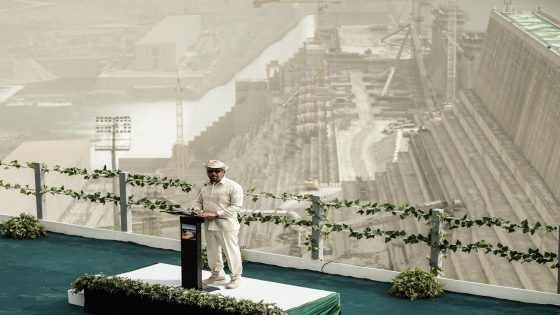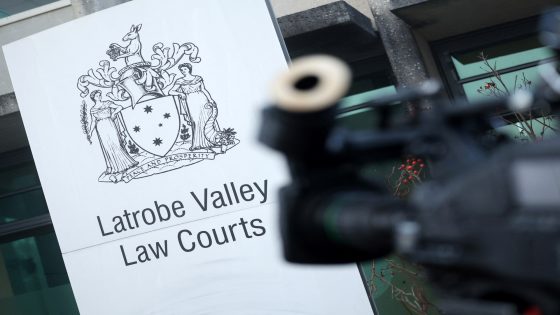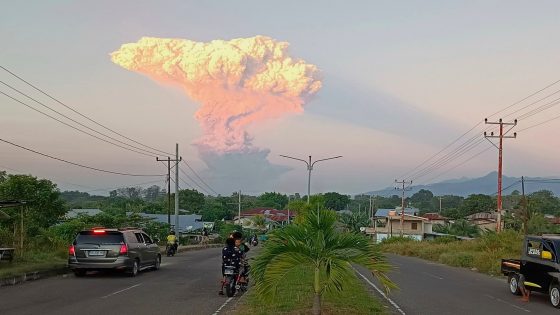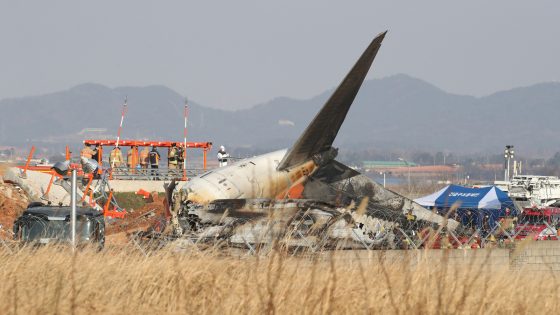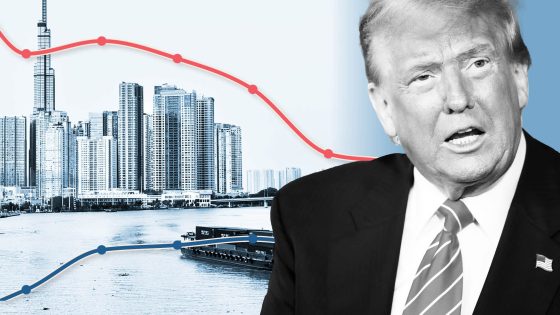Ethiopia’s Prime Minister Abiy Ahmed recently announced the completion of the Grand Ethiopian Renaissance Dam (GERD), a multibillion-dollar project that has raised significant concerns among downstream nations Egypt and Sudan. Scheduled for official inauguration on September 2025, the dam is touted as a transformative energy source for Ethiopia, which is grappling with a growing population and electricity needs.
- Ethiopia's GERD officially inaugurated in September.
- Abiy Ahmed promotes dam as shared opportunity.
- Egypt fears existential threat from GERD.
- Negotiations between Ethiopia, Egypt, Sudan stalled.
- GERD vital for Ethiopia's electrification program.
- Leaders stress regional water security concerns.
In his address to parliament, Abiy emphasized that the GERD should be viewed as a “shared opportunity” rather than a threat to neighboring countries. He reassured Egypt and Sudan that Ethiopia is committed to constructive engagement, stating, “Prosperity for one should mean prosperity for all.” This statement comes amid ongoing tensions, as both Egypt and Sudan fear for their vital Nile water supplies.
The completion of the GERD raises critical questions about regional cooperation and water rights. Will Ethiopia’s promise of shared prosperity hold true, or will it lead to further conflict? Key points include:
- Egypt relies on the Nile for 97% of its water needs.
- The GERD can generate over 5,000 megawatts of power, doubling Ethiopia’s current output.
- Negotiations for a three-way agreement have stalled without resolution.
- Half of Ethiopia’s population currently lacks electricity access.
As the GERD prepares for its inauguration, the international community must encourage dialogue to ensure equitable water sharing and regional stability.



